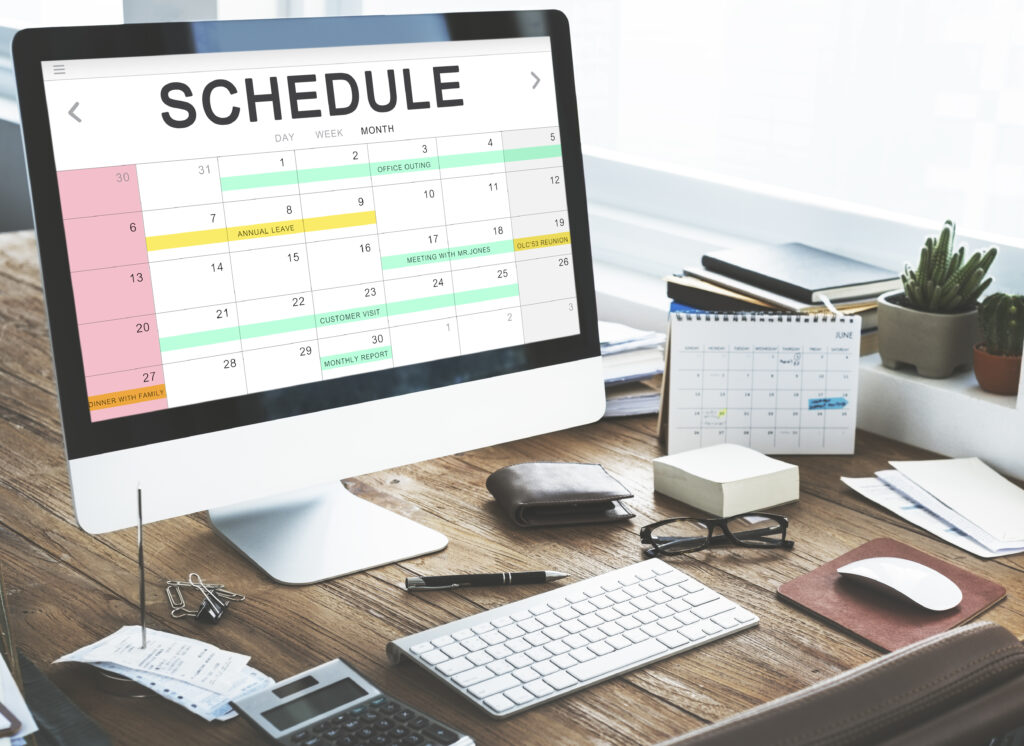Health & Wellness
With the rise of remote learning, studying from home has become a common reality for many students. While it offers flexibility, it also presents challenges such as staying focused and motivated. In this article, we’ll explore practical tips to help you create an effective study environment, establish a routine, and maximize your productivity. Let’s dive in and make the most of your home study experience!
A dedicated workspace can significantly enhance focus and productivity. Minimize distractions by organizing your study area, using noise-canceling headphones, and ensuring proper lighting.
Having a dedicated study area is crucial for staying productive and focused. Choose a quiet location with minimal disruptions, organize all necessary materials like notebooks, textbooks, and chargers, and ensure comfortable seating and proper lighting to reduce strain. Adding personal touches, such as motivational quotes or calming decor, can make the space inviting and inspire consistency.
Distractions can significantly impact your ability to concentrate and retain information. Start by identifying common sources of interruptions, such as background noise, mobile devices, or cluttered spaces, and proactively address them. Consider using tools like noise-canceling headphones, turning off non-essential notifications, or scheduling “distraction-free” study times to maintain focus

Learn proven tools and techniques to stay calm under pressure. Enroll now in this Coursera course and take control of your stress today!
Explore More Articles
The Future of Education: AI Skills Every Graduate Needs
AI Boom: Industries on the Rise vs. Industries in Decline
Degrees That Will Thrive in the AI Business Era
Are Certificates the New Degrees? How Microcredentialing Fits into an AI World
5 Online Degrees That Help You Work in Mental Health (Without Being a Therapist)
How to Choose Your Major in an AI-Dominated Future
How to Pursue the Pharmacy Tech Field Without Experience
Military to Trade Career: Best Paths for Veterans
Explore Degree Levels
Explore Degree Subjects
A consistent routine helps structure your day and boosts productivity. Plan your study schedule, allocate time for breaks, and stick to your routine for long-term success.

Designing a well-structured daily plan ensures that you allocate your time efficiently. Break your day into specific time blocks for focused study sessions, self-care activities, and leisure time. Use tools like planners or apps to organize your priorities, and review your progress regularly to make adjustments as needed.

Incorporating regular breaks into your study schedule can prevent burnout and improve concentration. Short breaks, such as 5–10 minutes for every hour of study, refresh your mind and help you maintain a steady pace. Consider techniques like the Pomodoro method, which structures your day into manageable intervals for better productivity.
Active learning methods, such as summarizing and self-quizzing, improve retention. Leverage technology like educational apps and online resources to enhance your study sessions.
Active learning techniques involve more than just passive reading. Summarize key points in your own words, teach the material to a friend, or create flashcards for self-quizzing. These approaches encourage critical thinking, helping you internalize concepts effectively.
Take advantage of educational tools to complement your study efforts. Apps like Quizlet for flashcards, Khan Academy for video tutorials, and collaborative platforms like Google Docs for group projects can greatly enhance your learning experience. Additionally, explore online courses and forums for supplementary resources.
Staying motivated requires setting clear goals and maintaining a positive mindset. Overcome procrastination by breaking tasks into smaller steps and rewarding progress.
Set SMART (Specific, Measurable, Achievable, Relevant, and Time-bound) goals to guide your efforts. Break down large objectives into smaller, actionable steps, and track your progress regularly. Prioritize tasks by urgency and importance to ensure your time is spent effectively.
Combat procrastination by starting with small, manageable tasks to build momentum. Reward yourself for achieving milestones, no matter how minor, to keep your spirits high. Time-management techniques, like creating to-do lists or using productivity apps, can help you stay on track and maintain focus.
Building relationships with peers and instructors fosters collaboration and support. Engage in virtual study groups and communicate effectively to enhance your learning experience.
Virtual study groups enable you to exchange ideas, clarify doubts, and learn from others’ perspectives. Use platforms like Zoom, Microsoft Teams, or Discord to host study sessions and maintain accountability with group members.

Good communication with instructors is key to academic success. Prepare thoughtful questions, attend office hours, and actively engage in class discussions to build a rapport. Sharing your challenges or seeking advice shows initiative and helps strengthen relationships with your teachers.

Enhance your mindfulness and resilience with this well-being course. Learn techniques from experts to reduce stress and improve happiness. Start your journey to a more balanced life today!
Studying from home comes with its unique challenges, but with the right strategies in place, it can be just as effective as traditional in-person learning. By creating a conducive study environment, establishing a consistent routine, and using proven study techniques, you’ll be well on your way to academic success. Remember to stay motivated, connect with others, and take care of your well-being along the journey. Embrace the flexibility and opportunities that come with studying from home, and make the most out of your educational experience.
To create a productive study environment at home, start by setting up a dedicated workspace that’s free from distractions. Ensure you have a comfortable chair, a clean desk, and good lighting. Keep your study area organized with all necessary materials within reach. Additionally, minimize noise and interruptions by using noise-canceling headphones or a white noise machine if needed.
Staying motivated can be challenging, but setting clear goals and priorities can help. Break your study sessions into manageable chunks, and reward yourself with breaks or small treats after completing tasks. Create a study schedule and stick to it. Connecting with study buddies or joining virtual study groups can also provide support and motivation.
Some effective study techniques include active learning methods such as summarizing information in your own words, teaching the material to someone else, and using flashcards for self-quizzing. Incorporate technology by using educational apps, online resources, and video lectures. Practice spaced repetition and take practice tests to reinforce learning.
Time management is crucial for studying from home. Create a daily or weekly study schedule to allocate specific time slots for different subjects or tasks. Use tools like planners, calendars, or time-management apps to stay organized. Prioritize tasks based on deadlines and importance, and avoid multitasking to maintain focus and efficiency.
Maintaining a healthy work-life balance involves setting boundaries between study time and personal time. Stick to a consistent routine that includes regular breaks, physical activity, and relaxation. Make time for hobbies, socializing (virtually or in-person), and self-care. Remember to get enough sleep and maintain a healthy diet to support overall well-being.